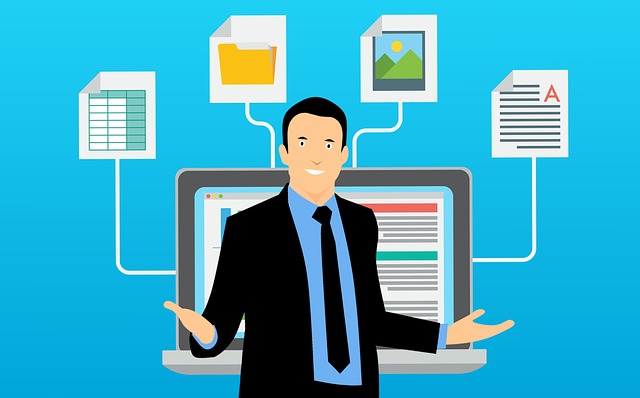
The internet can be an amazing tool to stay informed, gather knowledge and connect with friends. However, it also carries its own risks.
It’s essential to follow some basic safety instructions when surfing the internet. These tips can help keep you secure online, while still allowing you to take advantage of all its wonderful advantages!
Passwords are one of the weakest links in your digital security chain, making them vulnerable to attacks by malicious cybercriminals who can quickly access your accounts and steal personal data without you even realizing it.
That is why it is imperative to regularly change your passwords. Doing so will deter hackers and safeguard your privacy.
By clicking on any suspicious links, you could be opening your computer up to malware that can steal personal information and infect other computers. Be wary of clicking any links with suspicious content!
Additionally, be wary of clicking any links in emails or social media posts if you don’t recognize who sent them. These could be phishing scams designed to steal your personal data or install malware on your device.
The internet has usher in a new age of sharing, but that doesn’t mean you should go out and freely give away your personal data.
Online, providing personal information can lead to scams, fraud and even phishing attempts. That is why it is so important to be aware of the potential hazards and take precautions, such as limiting your data and selecting passwords carefully.
Your mobile devices are invaluable tools that enable you to stay connected, shop or bank online, play games and more. But like anything else, they could be vulnerable to hackers and other cyber threats if you don’t take adequate precautions for their protection.
One way to prevent this is by keeping your device updated regularly. Updates contain security patches which plug any software holes that could allow hackers to access your devices.
The Social Security number is one of the most crucial pieces of personal information you should never share without authorization. This number serves to verify your identity and can be highly sought-after by identity thieves who could potentially use it to open credit accounts in your name or take advantage of you financially.
Under the Privacy Act of 1974, government agencies that request your Social Security Number (SSN) must include a disclosure statement on their form. This will explain why your SSN is necessary, how it will be used, and whether it’s mandatory or voluntary.
Online scams are a serious matter that can have grave repercussions. They often involve identity theft and financial loss, leaving victims with significant financial damage.
To stay safe online, it’s essential to be informed about these scams and their methods. This will give you insight into what these schemes involve and how they operate.
Phishing is a widely-practiced form of online fraud. This practice uses spam, email messages and phishing websites to trick people into divulging personal information such as passwords, credit card numbers and Social Security numbers.
It can be challenging to spot a phishing attack, but there are some telltale red flags you should watch out for. Keep reading to gain more knowledge about phishing and how to stay secure!
Many people enjoy online conversations with strangers, but it is essential to be cautious who you engage with. Unfortunately, there are those who will attempt to take advantage of you and cause harm in some way.
Be wary of anyone requesting personal information, such as your address or social security number. Doing so could put you at risk for identity theft and financial fraud.
Unfortunately, clicking on links in emails often leads to malicious sites that can install malware on your device and steal personal information.
Cybercriminals use phishing techniques to manipulate users into clicking on malicious links. These fake websites are intended to collect personal information like credit card numbers and bank account details.
Starting with sharing your data is the most secure option for protecting it. Not only is this the right thing to do, but also an integral element of any comprehensive online security plan. Get it wrong and it could spell doom for your online identity, privacy rights and livelihood. Fortunately, there are steps you can take to reduce these risks.
